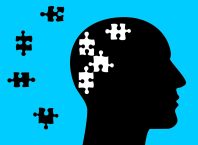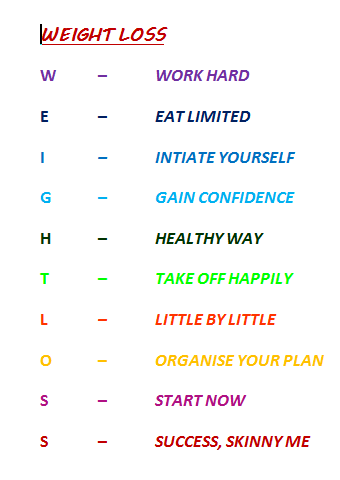Suppose you just fed your kids a meal, only to notice that one of them has a stomach upset or runny stomach shortly afterward. Your other child does not seem to have any problems.
In that case, you rush your kid to a pediatrician to address the stomach problem. It has never occurred to you that your child has a condition known as irritable bowel syndrome (IBS). The doctor confirms this and asks you to avoid foods that aggravate your child’s condition.

If this scenario describes your situation, the following information can help you devise a good meal plan for your child.
Foods that could trigger your child’s IBS
1. Cow milk
Milk and its products contain lactose, which a child with IBS might not digest. When the small intestine is unable to digest the lactose, the large intestine may receive the undigested lactose in the form of fermented bacteria.
If you notice that your child develops diarrhea, constipation, stomach cramps, and other digestive issues after taking milk, it is time you switched to lactose-free milk.
2. Fizzy drinks
Kids love taking carbonated beverages such as soda, but these drinks can also trigger IBS.
While your child might not receive the idea of taking water or other noncarbonated beverages to quench their thirst, it would be best to train them early to avoid stomach issues.
Also Read: Top 5 Healthy Summer Drinks
3. Deep-fried foods
There is no harm in giving your child French fries and other deep-fried foods once in a while. However, overindulging can make your child develop IBS symptoms. Deep-fried foods are high in fat content, which takes time to digest.
Frying alternates the chemical composition in nutrition, which can cause indigestion. To avoid these symptoms, try other methods of food preparation such as baking, boiling, steaming, or grilling.
4. Gluten-based grains
Grains like wheat, barley, and rye contain high amounts of gluten. Kids with gluten intolerance and IBS may develop stomach problems after taking wheat products like cakes, bread, biscuits, buns, pies, or muffins.
Companies that specialize in the manufacture of wheat products already know this. While they might have created provisions for gluten intolerant people, gastroenterologists recommend you learn more about how such products have been manufactured before consumption.
So, when your kid is craving a wheat product, check the food label to confirm whether it has gluten.
5. Beans and legumes
Beans and legumes are excellent sources of proteins necessary for bodybuilding. However, the two food types contain a carbohydrate known as oligosaccharides which might trigger IBS.
If your child develops IBS symptoms such as bloating, diarrhea, or constipation after taking beans or legumes, consider other food options.
A diet plan for a child with IBS
Once you have known which foods irritate your child’s healthy bowel functions, it is time to create a food and symptom journal for seven days.
Use the diary to record everything your child eats for that one week. Diet therapy for clients diagnosed with irritable bowel syndrome (ibs) includes:
1. Fruits and vegetables
Fruits and vegetables are rich in vitamins, fiber, and essential minerals. They aid in a smooth digestion process. They are also perfect snacks for kids with IBS.
2. Try starchy carbohydrates
Starchy carbohydrates like rice, green bananas, and corn provide your kid with energy. If you have to give wheat products, try to control the portions.
3. Give other proteins apart from beans and legumes
White meats such as fish and chicken are rich sources of protein. These options are excellent for kids who are allergic to gluten from beans and legumes.
Also Read: Methods to Add to Your Diet Chart
4. Go for unsaturated fats in vegetable oils
Animal products contain high amounts of saturated fats, which may trigger digestive problems. Switch to foods with unsaturated fats or vegetable oils such as nuts, avocados, and sunflower.
Now that you have known what types of foods to avoid, training your kid to embrace a healthy diet at an early age can be beneficial. While it is tempting to give fizzy drinks, beans, milk, or fried foods once in a while, ensure you limit the portions.
Remember, IBS can restrict your child’s ability to digest other healthy food nutrients if they continue taking foods that trigger their intolerance.






